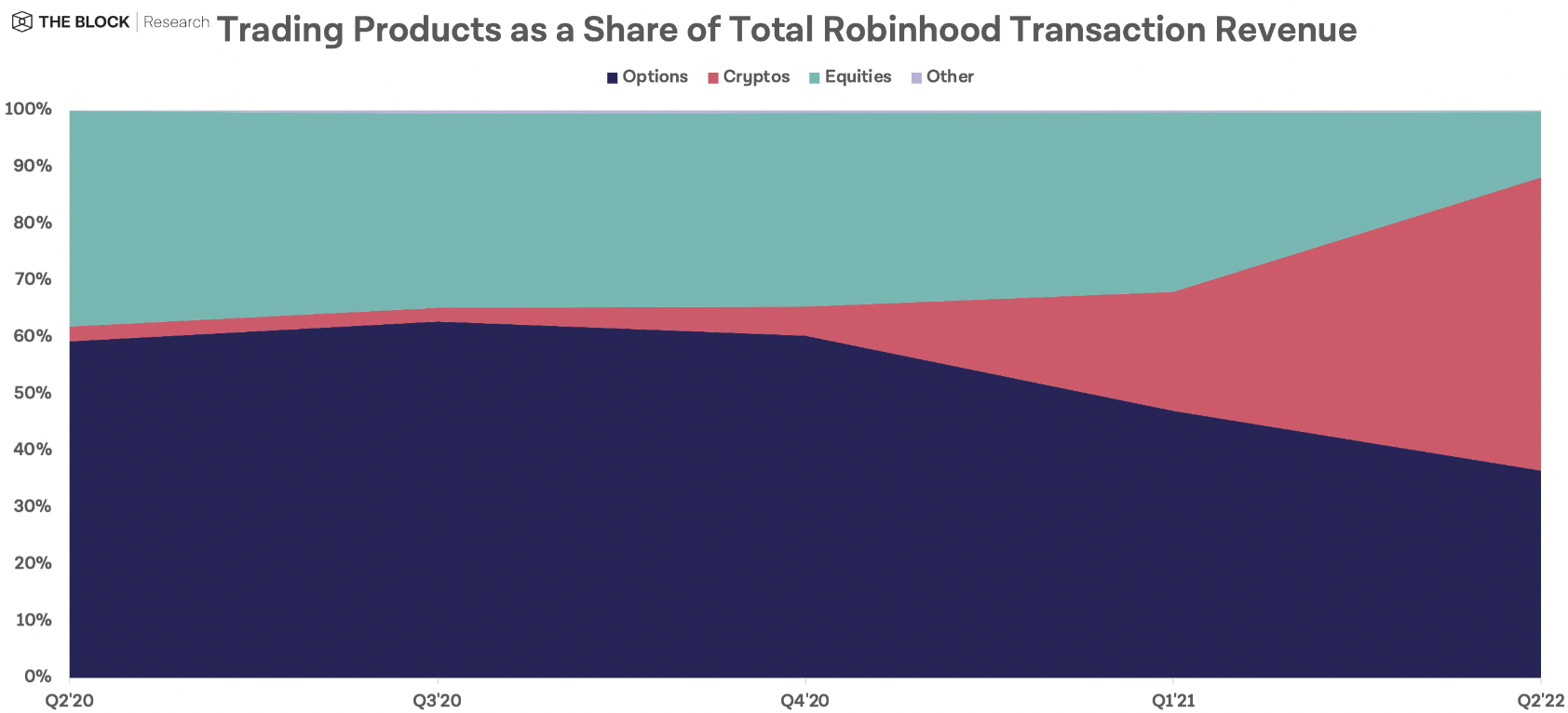FinTech Collective, a venture capital firm investing across fintech and digital assets, has raised $250 million in fresh capital.
$200 million will be poured into the firm’s existing early-stage strategy, which targets fintech and digital assets, with $50 million assigned to a newly formed Decentralized Finance (DeFi) fund.
According to an announcement, the DeFi fund will invest in both equity and tokens linked to “open-source, composable financial protocols and applications being built on smart-contracting platforms such as Ethereum.”
Investors in the latest raise include a range of asset managers, such as The State of Wisconsin Investment Board, The Teachers’ Retirement System of the State of Illinois, Greenspring Associates, and StepStone Group. DRW and British billionaire Alan Howard also invested.
The raise brings FinTech Collective’s total assets under management to more than $500 million. Founded in 2012, the company has invested in 53 companies globally to date. Its big exits include the sales of Quovo and Reorg Research, and the upcoming SPAC-merger of MoneyLion.
Managing partner Brooks Gibbins said in a statement that Fintech Collective was “among the first venture capital firms to recognize the fintech opportunity resulting from the global financial crisis.”
“We believe the next 30 years represent an unprecedented period when every facet of financial services will be deconstructed and reconstructed, and our deep global roots, particularly in the New York and European ecosystems, allows us to take advantage of this tremendous opportunity,” he added.
© 2021 The Block Crypto, Inc. All Rights Reserved. This article is provided for informational purposes only. It is not offered or intended to be used as legal, tax, investment, financial, or other advice.
Go to Source
Author: Ryan Weeks

